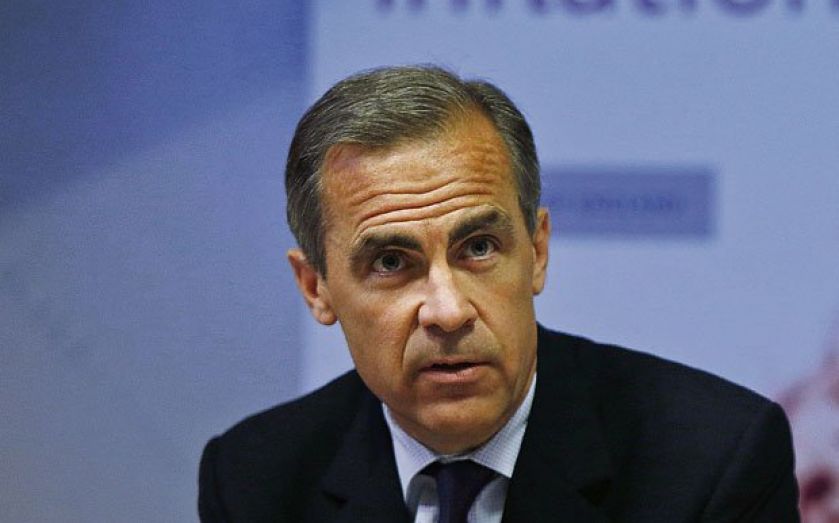Consumer recovery heating up

Retail sales jump by 6.9 per cent in April – the fastest year-on-year growth in a decade
Mortgage lending rises by 36 per cent as Britons say they feel more secure in their jobs
But policymakers at the Bank of England still voted unanimously to keep interest rates low
INTEREST rates are not expected to go up for another nine months, the Bank of England said yesterday, despite the rising tide of data showing the resurgent economy is picking up steam.
Retail sales jumped at the fastest pace in a decade, fuelled by low borrowing costs, while mortgage lending hit its highest level in six years in April.
But no policymakers on the Bank of England’s monetary policy committee (MPC) voted to increase interest rates this month, and the group continues to plan for very low rates for the foreseeable future.
Retail sales jumped by 6.9 per cent in April compared with the same month of 2013, official figures showed.
The sales number represents a sharp acceleration from the 4.8 per cent growth seen in the year to March.
“There is little sign of growth slowing yet, which the Bank of England is assuming will happen. Indeed, retail sales growth continues to run far in excess of wage growth, stimulated by very low interest rates and rising consumer confidence,” said economist Rob Wood from Berenberg Bank.
“The strong April retail sales reading was distorted by Easter, so growth will drop back sharply next month, but the underlying trend still appears to be very strong.”
Households feel increasingly secure. Worries over job security fell to their lowest in five years, according to Markit’s household finance index.
Mortgage lending jumped again – lending hit £16.6bn in April, up 36 per cent on the year and the strongest month since April 2008, the Council of Mortgage Lenders said.
However, the Bank of England is still not planning to raise interest rates, on the basis that inflation remains below two per cent and that the slack in the economy will not be used up for another two to three years.
It acknowledged keeping rates low and planning to raise them gently creates “a greater risk of a build up in financial imbalances, particularly in the housing market.”
But the MPC “noted that the mitigation of such risks was, in the first instance, the responsibility of the financial policy committee (FPC): monetary policy should be only a last line of defence.”
The FPC is also headed by governor Mark Carney, and has powers to make it more expensive for banks to give out mortgages if it wants to slow the market down.
It also has the power to recommend the government scrap the Help to Buy mortgage guarantee scheme if it sees it promoting a dangerous bubble.
Meanwhile Britain’s biggest banks and building societies are not planning to cut back their lending in London, and are instead waiting for the Bank of England to take action.
Lloyds this week capped loans in the capital, limiting mortgages of £500,000 to four times the borrower’s income.
By contrast, other banks have not taken any action other than to maintain their lending and affordability criteria are applied to each individual loan application.
This means loans can still be offered at higher loan to income ratios – at Barclays, for instance the maximum if 5.5-times income.
However, those borrowers are still stress tested in a bid to make sure they can cope with mortgage repayments if and when interest rates do eventually rise.